A list of films produced in Argentina in 1964:
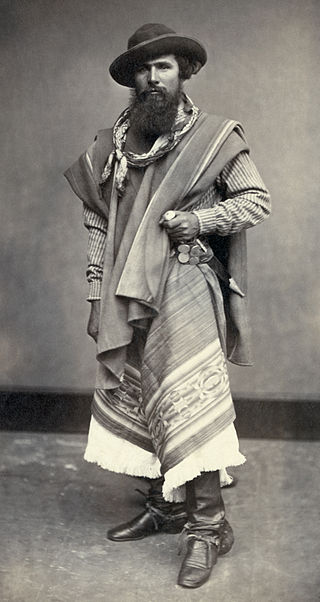
A gaucho or gaúcho is a skilled horseman, reputed to be brave and unruly. The figure of the gaucho is a folk symbol of Argentina, Paraguay, Uruguay, Rio Grande do Sul in Brazil, the southern part of Bolivia, and the south of Chilean Patagonia. Gauchos became greatly admired and renowned in legend, folklore, and literature and became an important part of their regional cultural tradition. Beginning late in the 19th century, after the heyday of the gauchos, they were celebrated by South American writers.
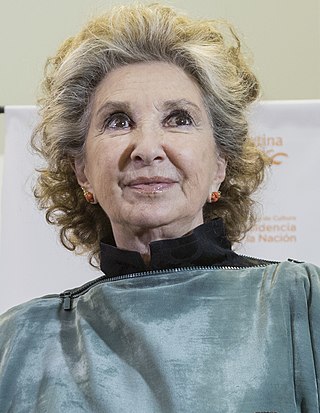
Norma Aleandro is an Argentine actress. She is considered one of the most celebrated and prolific Argentine actresses of all time and is recognized as a cultural icon in her home country.
León Klimovsky Dulfán was an Argentine film director, screenwriter and producer notable for his work during the classical era of Argentine cinema. He was known mainly for his work in Spanish cinema during the 1960s and '70s.

Narciso Ibáñez Menta was a Spanish theatre, film, and television actor. He developed much of his career in Argentina, during the Golden Age of Argentine cinema of the 1930s and 1940s.

Hugo Geronimo Fregonese was an Argentine film director and screenwriter who worked both in Hollywood and his home country during the classical era of Argentine cinema.
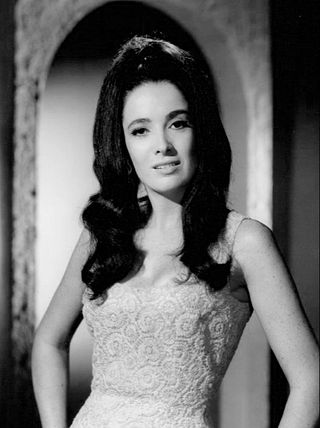
Marta Victoria Moya Peggo Burges, known professionally as Linda Cristal, was an Argentine-American actress. She appeared in a number of Western films during the 1950s, before winning a Golden Globe Award for her performance in the 1958 comedy film The Perfect Furlough.
The Mar del Plata International Film Festival is an international film festival that takes place every November in the city of Mar del Plata, Argentina. It is the only competitive feature festival recognized by the FIAPF in Latin America, and the oldest in this category in the Americas. The festival is organized by the National Institute of Cinema and Audiovisual Arts (INCAA).
This is an index to pages listing Argentine films ordered by year of release. For an A-Z list, see Category:Argentine films.
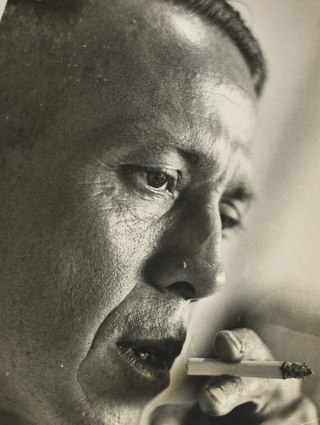
Carlos Hugo Christensen was an Argentine film director, screenwriter and film producer, an iconic figure of the classical era of Argentine cinema.

Laura Ana "Tita" Merello was an Argentine film actress, tango dancer and singer of the Golden Age of Argentine cinema. In her six decades in Argentine entertainment, at the time of her death, she had filmed over thirty movies, premiered twenty plays, had nine television appearances, completed three radio series and had had countless appearances in print media. She was one of the singers who emerged in the 1920s along with Azucena Maizani, Libertad Lamarque, Ada Falcón, and Rosita Quiroga, who created the female voices of tango. She was primarily remembered for the songs "Se dice de mí" and "La milonga y yo".

Tulio Demicheli was an Argentine born Spanish film director, screenwriter and film producer notable for his work during the classical era of Argentine cinema.

Fernando Ayala was an Argentine film director, screenwriter and film producer of the classic era. He is widely considered one of the most important Argentine film directors and producers in the history of the cinema of Argentina.

Pierre Bruno Hugo Fontana, otherwise known as Hugo del Carril, was an Argentine film actor, film director and tango singer of the Golden Age of Argentine cinema.

Julio Saraceni was a prolific Argentine film director whose career in the Cinema of Argentina as a movie director spanned six decades. He was an important director during the classical era of Argentine cinema.

Enrique Carreras was a Peruvian-born Argentine film director, screenwriter and film producer. He was one of the most prolific film directors in the history of the cinema of Argentina and a prominent figure of the classical era of Argentine cinema.

Leo Fleider was a Polish born Argentine film director and screenwriter, notable for his work during the classical era of Argentine cinema.

Lucas Demare was an Argentine film director, screenwriter, and film producer notable for his work during the classical era of Argentine cinema and beyond.

Pedro Jorge Rigato Delissetche, better known by his stage names George Rigaud, Georges Rigaud or Jorge Rigaud, was an Argentine film actor who appeared in 194 films between 1932 and 1981.
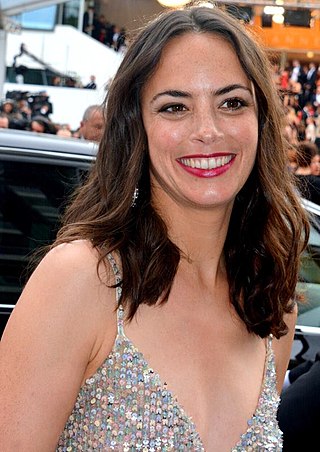
Bérénice Bejo is a French-Argentine actress best known for playing Christiana in A Knight's Tale (2001) and Peppy Miller in The Artist (2011). Her work in the latter earned her a nomination for the Academy Award for Best Supporting Actress and won her the César Award for Best Actress. For her performance in The Past, she won Best Actress at the Cannes Film Festival in 2013 and was nominated for a César.
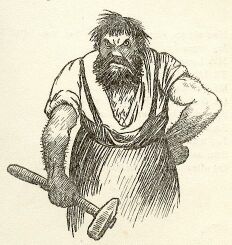
Ferreyra is a surname meaning 'smith'. Notable people with the surname include: